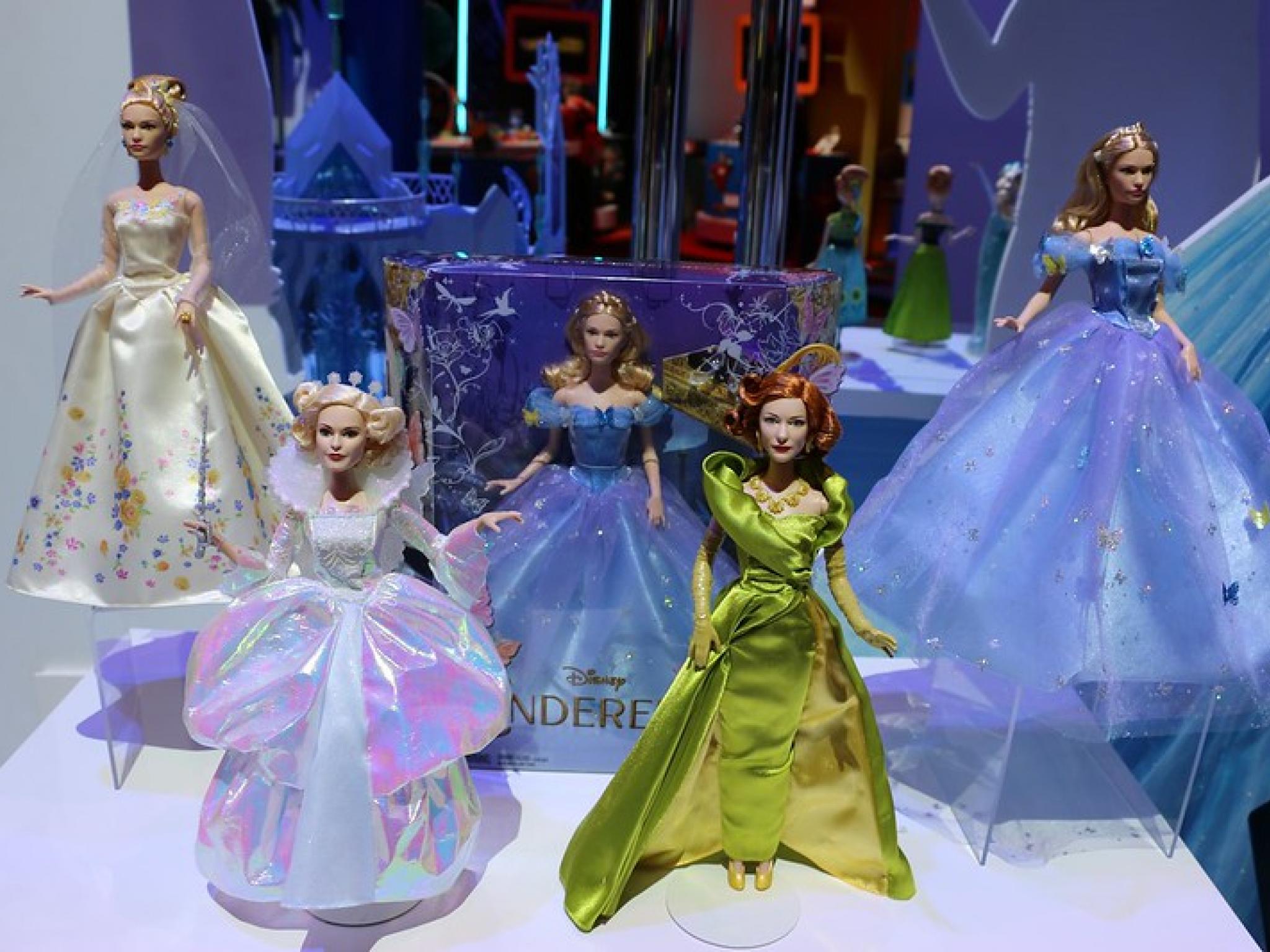
Disney Princess and Frozen toys are a lucrative business line for The Walt Disney Co (NYSE:DIS) and also for whomever lands the licensing rights to the popular brands. Here’s how those rights changing hands can once again benefit Mattel Inc (NASDAQ:MAT).
What Happened: Shares of Mattel rallied Wednesday on news that the company had secured the rights to the Disney Princess license and Frozen license from Disney. The news comes years after a 2016 decision saw Mattel lose the licenses to its rival Hasbro Inc (NASDAQ:HAS).
Mattel will manage the Disney Princesses license under the same group that controls the Barbie brand, which has had recent success.
“We are incredibly proud to welcome back the Disney Princess and the Frozen lines to Mattel,” Mattel COO and President Richard Dickson said.
The new products from Mattel under the Disney license will arrive at retailers worldwide in 2023. The rights cover products like fashion dolls, small dolls and figures.
Mattel also has the rights to other Disney brands with licenses for Pixar's “Cars” and “Toy Story,” which includes the rights to the upcoming “Lightyear” film.
Related Link: Could Mattel Shares Race Higher With Hot Wheels NFT Launch?
Why It’s Important: The loss of the Disney Princesses license was a major financial blow to Mattel years ago. The company saw an estimated $400 million in annual revenue from the Disney Princess and Frozen lines, according to Comicbook.com.
Investors don’t need to look far to see how lucrative the licenses could be for Mattel. Headlines like “Hasbro’s revenue above Wall Street estimates” hit in 2016 when Hasbro reported revenue in the doll category up 57% year-over-year to $462 million.
In February 2017, Hasbro reported its first full holiday season with the Disney licenses. The revenue from the lines exceeded initial expectations according to Hasbro at the time.
Mattel had revenue of $4.6 billion in fiscal 2020, up 2% year-over-year. The lost licenses represent around 10% of that total, which could prove valuable to the company’s continued transformation.
Mattel reported third quarter revenue of $1.8 billion, up 8% year-over-year. Through the first nine months of the fiscal year, Mattel revenue is up 24%. The company will report fourth quarter financial results on Feb. 9 with new guidance calling for full year revenue growth of 15% year-over-year.
Investors could get their first comments from the company on what growth could look like with the returned licenses.
Mattel suffered for years with turnover of directors, but has now stabilized with CEO Ynon Kreiz, who has helped revitalize several of the company’s key brands like Barbie.
Hasbro doesn’t come away completely empty-handed, as it announced Wednesday it renewed the rights to the Star Wars license for toys and signed a new deal to create licensed products based on the Indiana Jones movies ahead of a new movie release for the franchise.
Price Action: MAT shares are trading at $19.86 inside a 52-week range of $16.92 and $23.31. MAT shares are down 5% in 2022, but up over 15% in the last year. Shares jumped to a high of $21.86 Wednesday on optimism over the Disney deal.
HAS shares trade at $88.47 with a 52-week range of $86.05 to $105.73. HAS shares are down 12% in 2022 and down 6% over the last year.
Photo: Courtesy of Inside the Magic on Flickr







